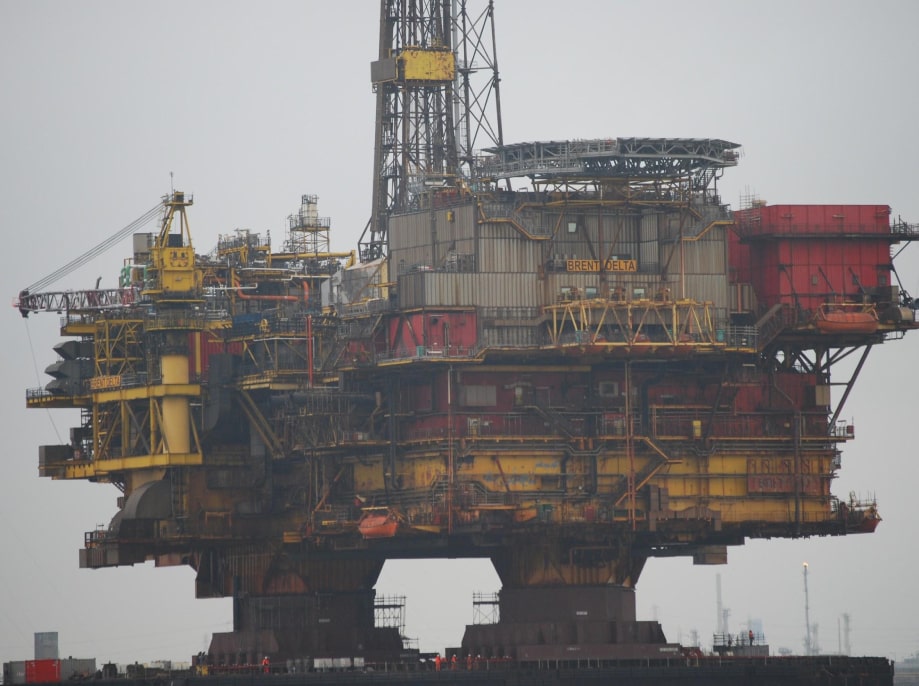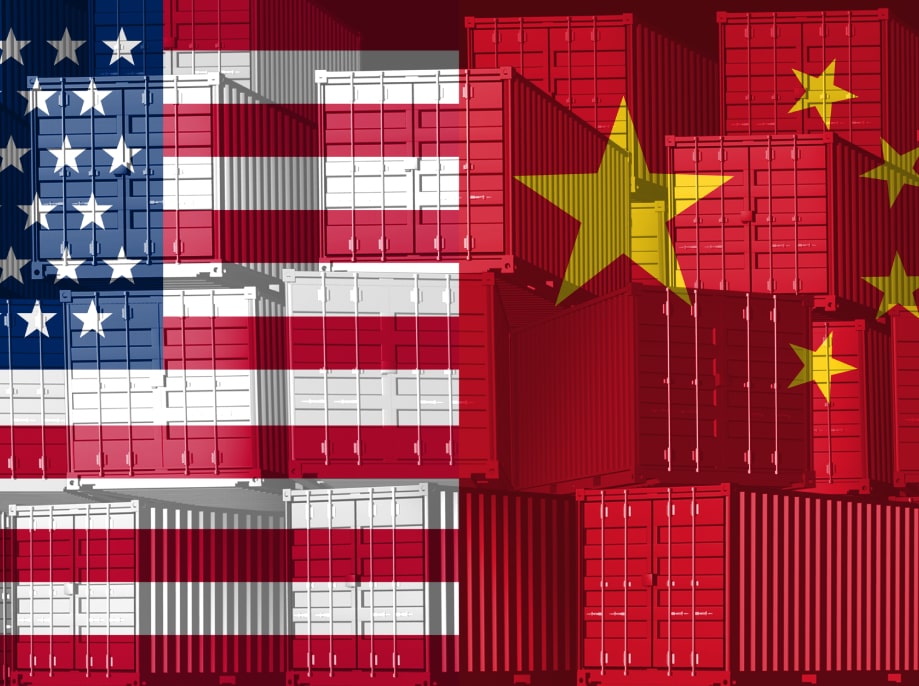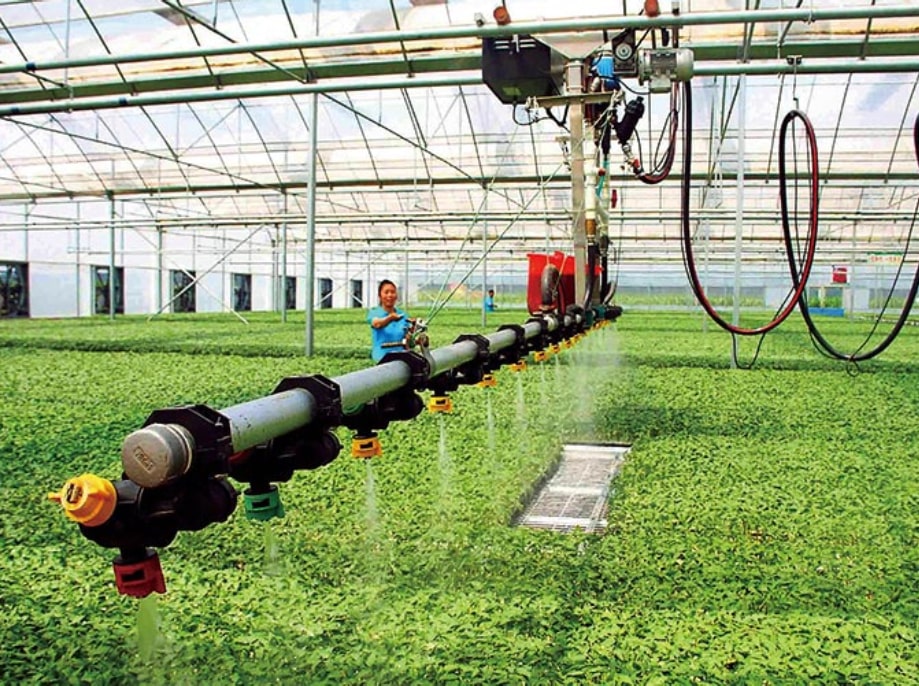
How Has COVID Affected OPEC?
Even before the Novel Coronavirus threw the global economy into a spiral, countries in the Middle East and North Africa (MENA) were facing economic struggles of their own.
Since last year, the Organization of the Petroleum Exporting Countries (OPEC) and its revenues have been feeling pressure from their competitors due to its crude declining value.
OPEC released their annual statistical bulletin in early July. The report said that member countries in 2019 exported an average of 22.5 million oil barrels a day, marking a 7.4% decrease from 2018.
Meanwhile, exports from producers such as the U.S., Canada, and Brazil increased, stiffening the challenge to OPEC's reputation as the world's swing producer.
To make matters worse, in addition to exporting less oil in 2019 than the previous year, the value of those exports dropped. In 2019, Brent crude oil averaged $64.16 a barrel, which is more than a 10% drop from 2018.
On the supply side, things have not been looking much better. Since the start of 2018, Iran, Libya, and Venezuela all suffered production losses that totaled a combined 3.5 million barrels a day. Even before the coronavirus, markets had been over-supplied, leading OPEC producers to cut down on output majorly. According to the U.S. Energy Information Administration, the oil market will be comfortably supplied through 2025.
Another threat to the oil trade is clean energy. Global attention is increasingly focused on the need to accelerate clean energy transitions to mitigate climate change risks.
With its significant emissions footprint, the energy sector – including the oil and gas industry – is smack in the middle of the clean energy bulls eye.
According to IEA, as countries worldwide start implementing policies to improve efficiency and reduce C02 emissions, the demand growth for gasoline and diesel between 2019 and 2025 is set to weaken. Nevertheless, refiners keep on building much more capacity than what is needed to meet product demand.
However, the impact of clean energy transitions on the global oil supply is still unclear. Many companies are choosing to prioritize short-cycle projects for the coming years. So far, major oil companies' announcements on reducing their CO2 emissions have tended to focus on long‑term objectives. Nevertheless, investors continue to pressure the industry to sharpen its focus on sustainability issues while activists, especially in Europe and North America, seek to hinder new oil developments.
With uncertainties over demand, supply, business models, and investment strategies, to say the global oil industry is facing challenges would be an understatement. Amidst a global viral pandemic, the industry must also find a way to meet growing demand while also addressing the need to curb emissions and improve sustainability.





